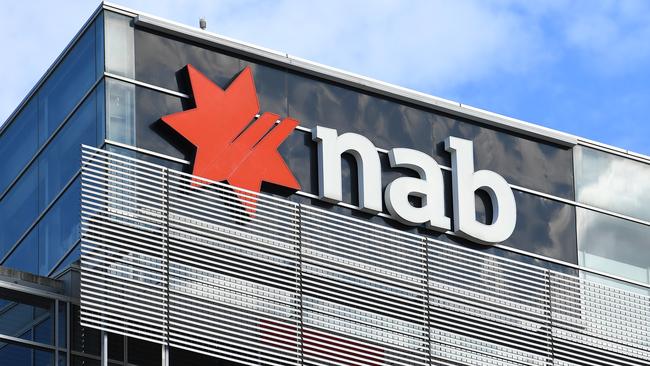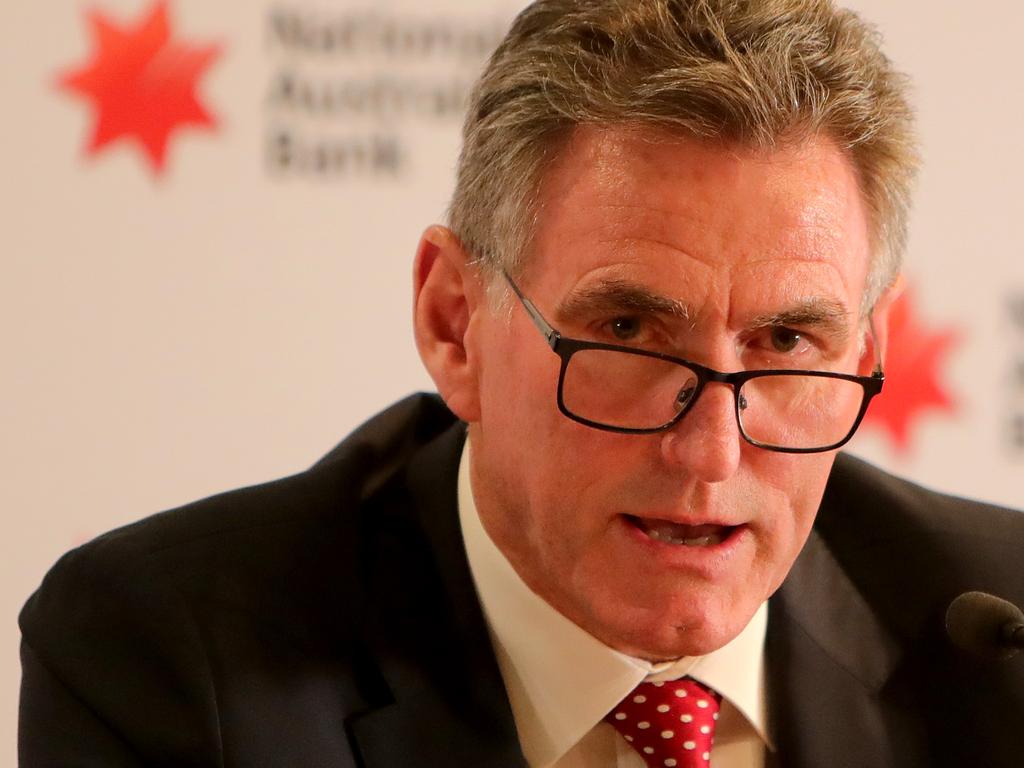NAB’s ‘common sense’ banking initiative to protect long-term customers

One of the things McEwan stressed when announcing that NAB would work with FINSIA to deliver a financial services qualification was the importance of contemporaneous note-taking after any face-to-face meetings with a customer.
With long-life products such as mortgages, it’s highly unlikely that the original banker will still be around 20 years or so after the borrower signed on the dotted line.
That’s where common sense and the most basic of business practices come into the picture.
However, as the financial services royal commission showed, there’s sometimes a yawning gap between the understanding of the customer and the lender as to key terms.
The aim of NAB’s partnership with FINSIA is to deliver a financial services qualification to help lift the quality and consistency of dealings with customers.
The first module for new and active bankers will take about 60 hours, or 4-5 hours a week over a 10-12 week period.
Experienced bankers will complete courses tailored for their areas of expertise, and are likely to finish their modules much more quickly.
As CEO of Royal Bank of Scotland, McEwan introduced a similar program to improve the professionalism of the UK financial services industry.
The program was implemented after the 2008 financial crisis amid concerns about reputation, conduct, poor credit skills, and lack of awareness of banking in general.
The NAB boss says 80 per cent of customers in the UK now want to deal with a “qualified” banker.
Separately, McEwan is sticking to his view that it will take until 2022 for the economy to return to its pre-COVID-19 level of output, despite some very early, but promising signs that the trough might not be as deep as first thought.
It will be too early, he says, to reliably assess the health of the SME sector at NAB’s result for the September financial year, which coincides with the expiry of a range of support programs.
Medium-sized and large corporates are in a separate category.
“We should know how much damage they have sustained by then, which goes to show why we need (adequate) capital through the cycle, not just at the start,” McEwan says.






If Ross McEwan manages to institutionalise common sense at National Australia Bank by sending his 34,000-strong workforce back to school, the $50m outlay over three years will have been well worth it.